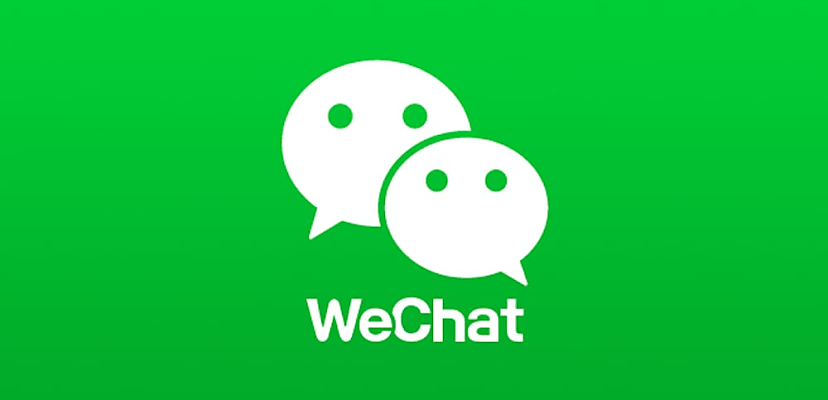Share this article on:
Powered by MOMENTUMMEDIA
Breaking news and updates daily.
The outspoken Liberal Senator has written a letter to WeChat’s boss warning of dire consequences for the app if the company continues to refuse to present itself to the Senate select committee on foreign interference through social media.

Senator James Paterson shared on Twitter the letter he had written to Elizabeth Byun on 4 July, adding that the company has been invited to appear on multiple occasions.
“WeChat app and its parent company Tencent Global [have] been repeatedly invited to appear before the Senate select committee on foreign interference through social media, and repeatedly declined,” Paterson wrote.
“Their refusal to engage with the Parliament reflects very poorly.”
In the letter itself, Paterson warned the company that the committee “has heard disturbing allegations that WeChat has been used to intimidate and harass Chinese-Australian human rights activists” and that the app serves as a “narrative machine” for the Chinese Communist Party (CCP).
According to the letter, WeChat is the only social media platform to decline to appear.
“If WeChat continues to refuse to appear before the committee,” Paterson warned in the letter, “we will inevitably draw conclusions about your willingness to cooperate with Australian law and make recommendations accordingly”.
Senator Paterson is the chair of the committee, which expects to deliver its recommendations on 1 August. Google, TikTok, Twitter, Meta, and LinkedIn have all agreed to present to the committee during its final hearings.
While TikTok has already been officially banned from use by Australian government departments, many departments have already instituted a ban on the use of WeChat independently.
The charge of WeChat being a “narrative machine” for the Chinese Communist Party comes from Dr Seth Kaplan of Johns Hopkins University in the US. He appeared before the committee in April 2023, making a number of points about his fears over WeChat’s reach and the motives behind its use.
He noted that at the time, TikTok was very much in the spotlight following its ban, but that “everything that we fear about what TikTok may become is already occurring on WeChat”.
“The second point is that narratives are managed, information is managed, and dissenting views are demoted or eliminated,” Kaplan added. “It’s basically a narrative machine for the CCP and what it wants to promote.”
“It basically means that, instead of your democracy being a debate among people who live in the country, there’s an additional voice that plays a large part in the conversation, and that voice is controlled by a foreign government that does not have your best interests at heart,” Kaplan said.
WeChat is used by large numbers of Australians of Chinese descent, especially to keep in touch with family and friends in China. As of 2020, a total of 690,000 Australians used the app.

David Hollingworth has been writing about technology for over 20 years, and has worked for a range of print and online titles in his career. He is enjoying getting to grips with cyber security, especially when it lets him talk about Lego.
Be the first to hear the latest developments in the cyber industry.